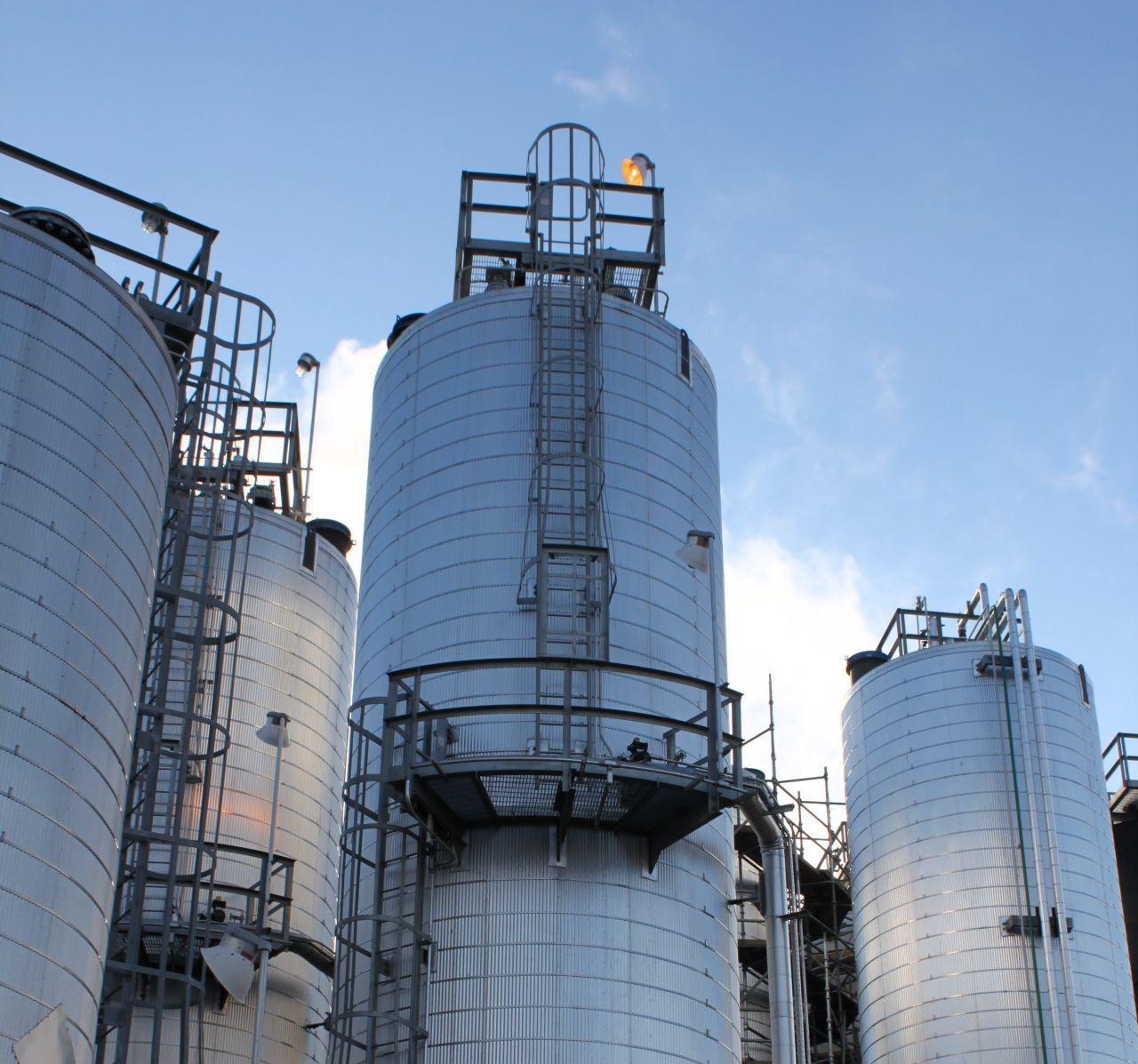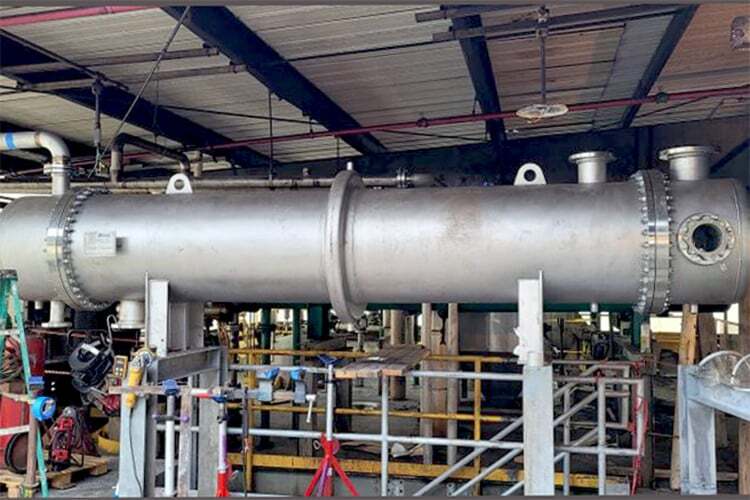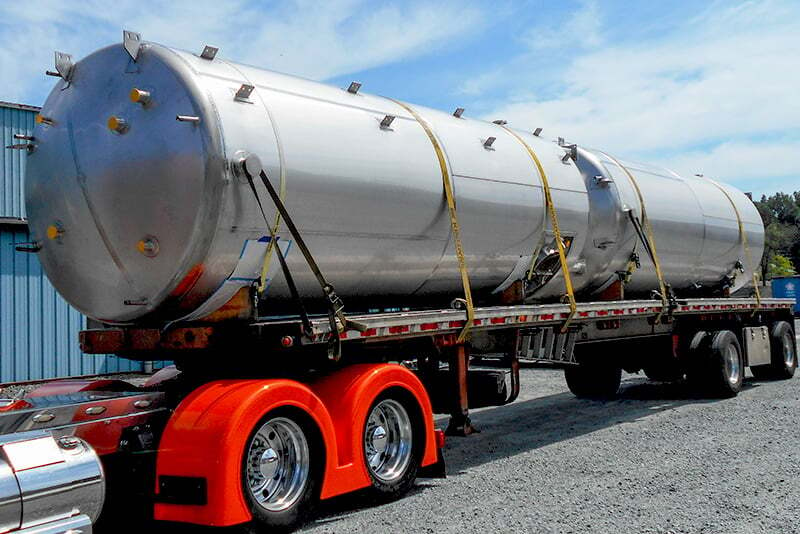Engineering & Fabrication Solutions Across Industries
HEATING/COOLING MEDIA SPECIALIST Bendel Tank & Heat Exchanger does it again! We recently shipped our 250th specialized, custom engineered and...
2 min read
Admin : Oct 21, 2025 9:00:00 AM

The chemical industry is one of the cornerstones of modern life. From polyurethane foams and plastics to detergents, fuels, and advanced materials, chemicals are essential to countless products and processes. Yet behind this production lies a world of high-pressure operations, strict regulations, and continuous demand for efficiency.
In this environment, the reliability and quality of equipment is just as important as the chemistry itself. Pressure vessels, heat exchangers, reactors, and storage tanks form the backbone of chemical processing facilities—and their performance directly impacts both safety and profitability.
Why Equipment Reliability Matters in Chemical Processing
Chemical processes often take place under extreme pressures, high temperatures, and corrosive conditions. Reactors must withstand continuous cycles. Heat exchangers must manage precise thermal transfer without fouling or failure. Storage tanks and distillation columns must keep hazardous materials secure while ensuring consistent operation.
Any failure in this equipment can result in costly downtime, environmental risk, and regulatory issues. For that reason, fabricating equipment from the right materials—whether stainless steel, Hastelloy, or other corrosion-resistant alloys—is a fundamental requirement for long-term reliability.
Balancing Efficiency with Sustainability
Efficiency in chemical manufacturing has traditionally been measured by throughput. Today, it’s equally about energy use and sustainability. Heat exchangers, for example, don’t just transfer thermal energy—they can determine how much energy a plant consumes or saves. Similarly, the design of columns, tanks, and pressure vessels affects how effectively plants minimize waste and emissions.
Advances in fabrication—such as improved welding techniques, precise machining, and modern coatings—are allowing facilities to extend the life of equipment while reducing their environmental footprint. These aren’t just maintenance improvements; they’re strategic tools for meeting sustainability goals while cutting operating costs.
The Compliance and Safety Imperative
Chemical facilities operate under some of the strictest safety and regulatory codes in the world, including ASME, API, and TEMA standards. This is why Bendel is certified in ASME, API and builds to TEMA standards, to ensure safe operation in the presence of volatile chemicals and demanding processes.
A proactive approach—such as designing for maintainability, conducting scheduled retubing, or fabricating replacement bundles in advance of outages—helps facilities stay compliant while reducing the risk of unplanned failures.
Looking Ahead: Resilience Through Engineering
As the chemical industry continues to evolve, the pressure on facilities to deliver safe, efficient, and sustainable production will only intensify. Success will depend on more than process chemistry—it will rely on the strength of the engineered equipment at the core of those processes.
Companies like Bendel, that invest in robust, well-fabricated equipment are better positioned to adapt to regulatory changes, market shifts, and sustainability demands.
Final Thoughts
The chemical industry’s challenges—efficiency, sustainability, compliance, and safety—are deeply tied to the performance of the equipment that powers its processes. By understanding these pressures, and investing in reliable, custom-fabricated solutions, facilities can protect their operations and strengthen their long-term resilience.
To see how these principles apply in real-world settings, explore our Chemical Industry Case Study, which highlights how Bendel has supported facilities with engineered solutions designed for performance, compliance, and long-term reliability.
Download our FREE Case Study below:


HEATING/COOLING MEDIA SPECIALIST Bendel Tank & Heat Exchanger does it again! We recently shipped our 250th specialized, custom engineered and...

Solve the Riddle! Bendel Tank & Heat Exchanger uses a great deal of science, physics, software and mathematics to design and manufacture our pressure...

HOW PRESSURE VESSELS WORK We received so much great feedback from our article on 'The Science Behind Heat Exchangers' posted to our blog recently,...